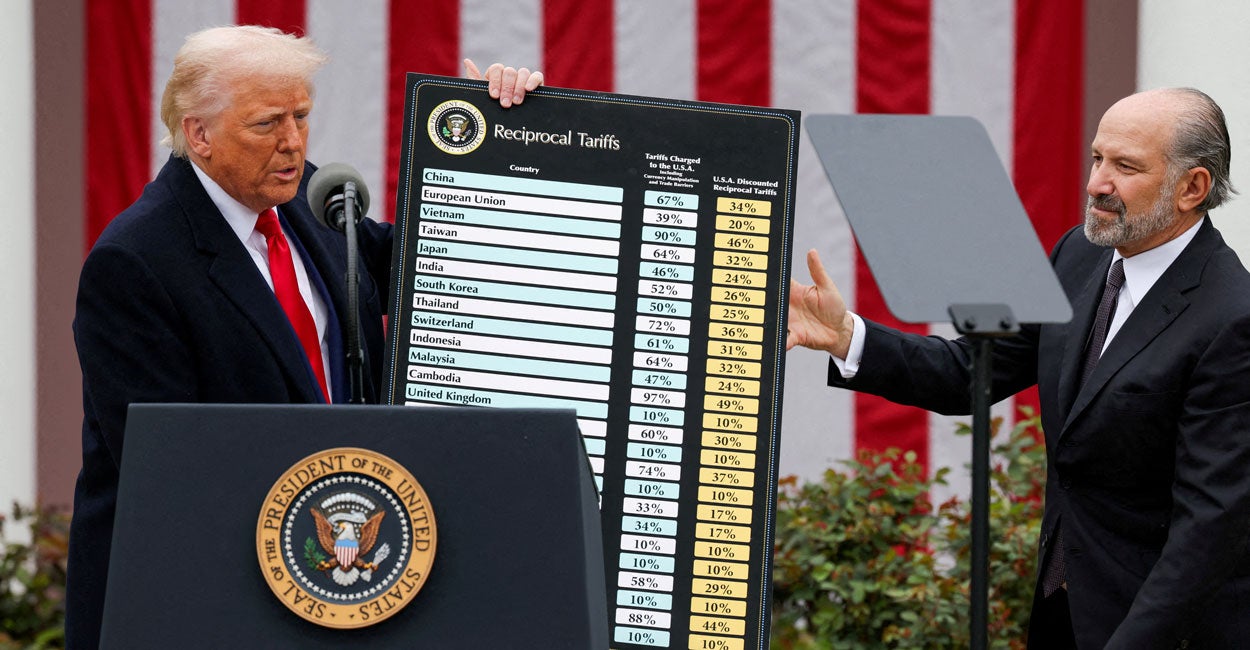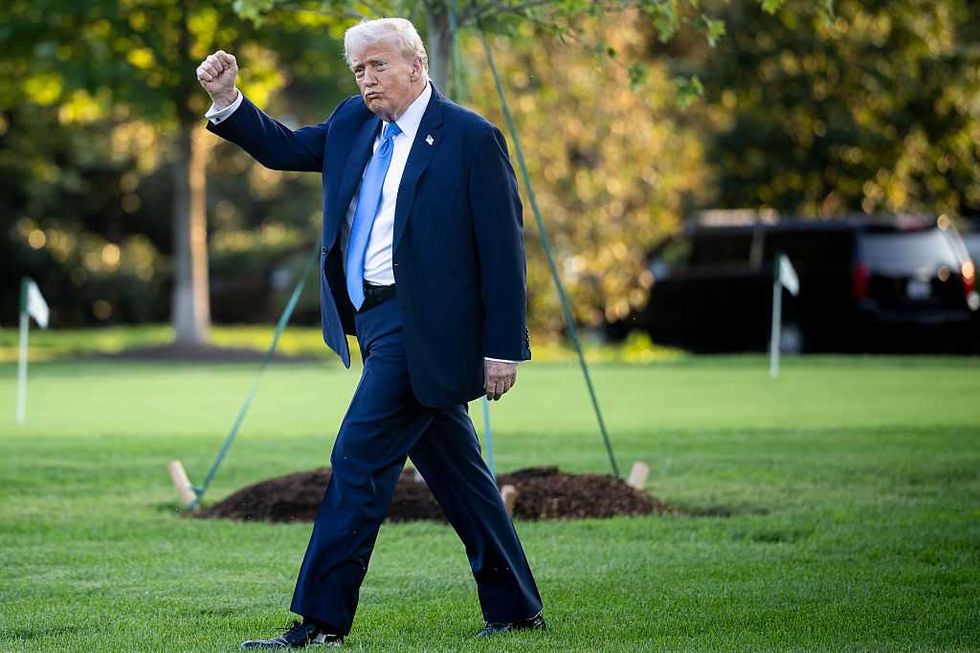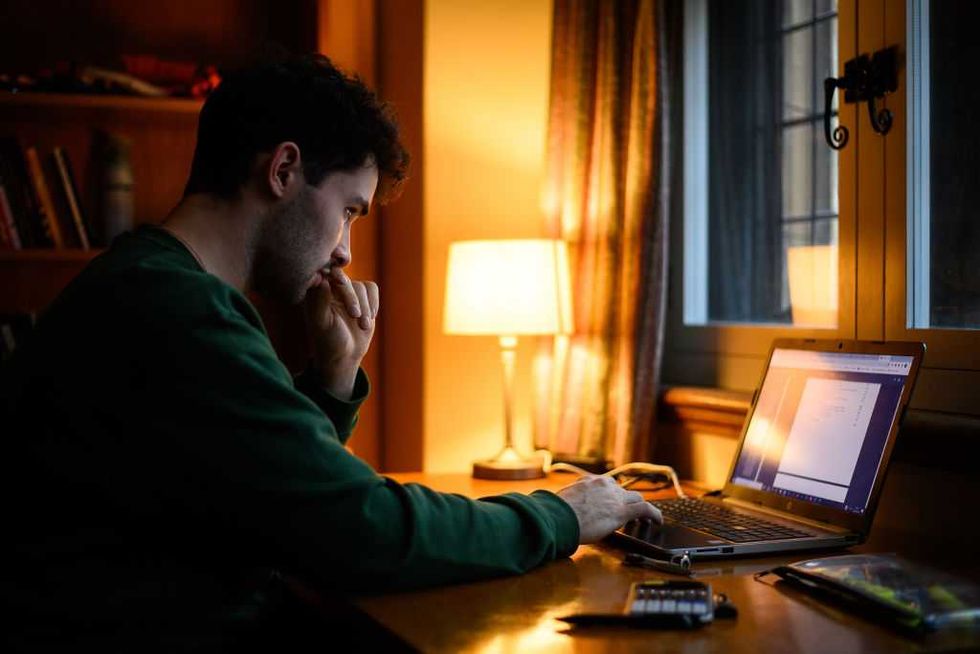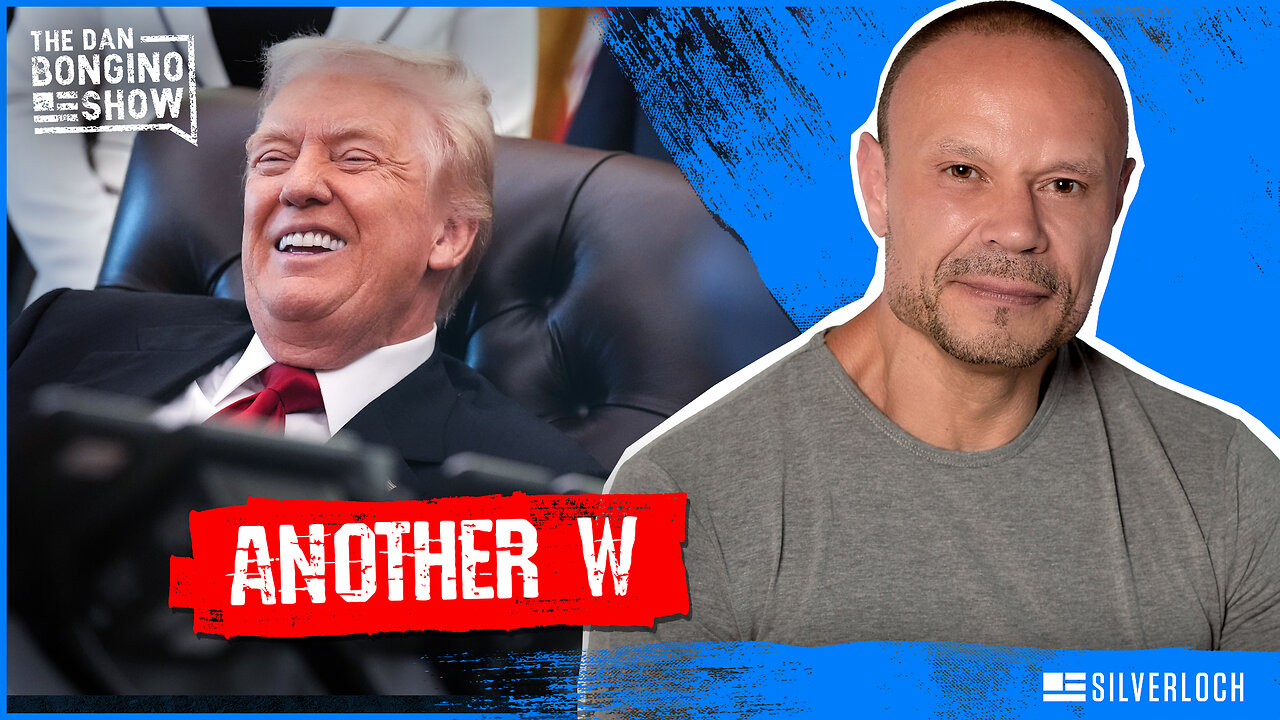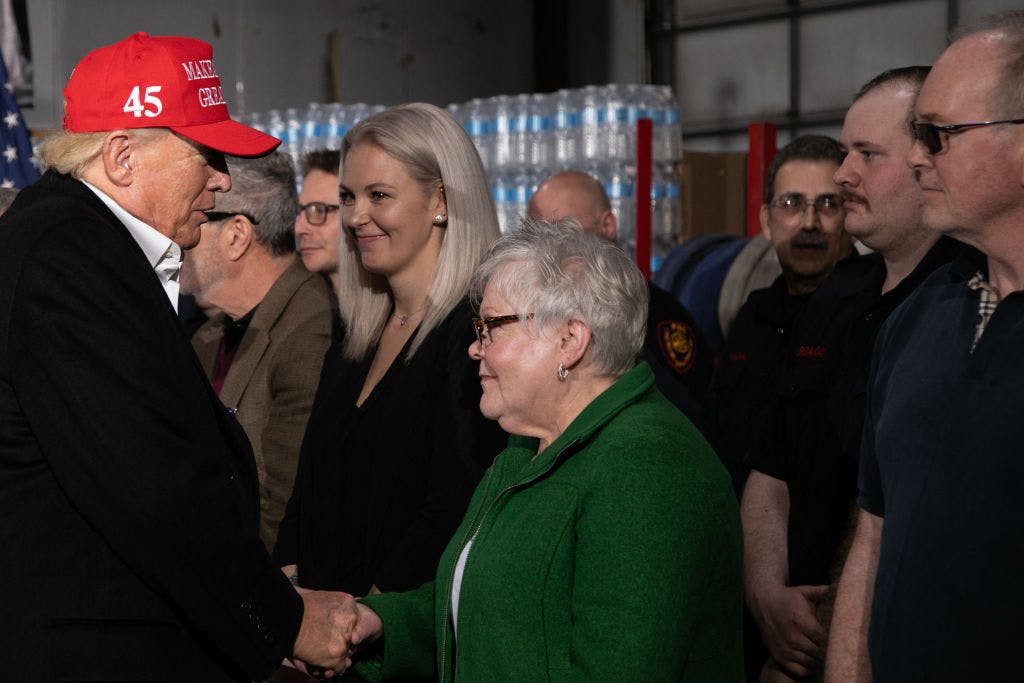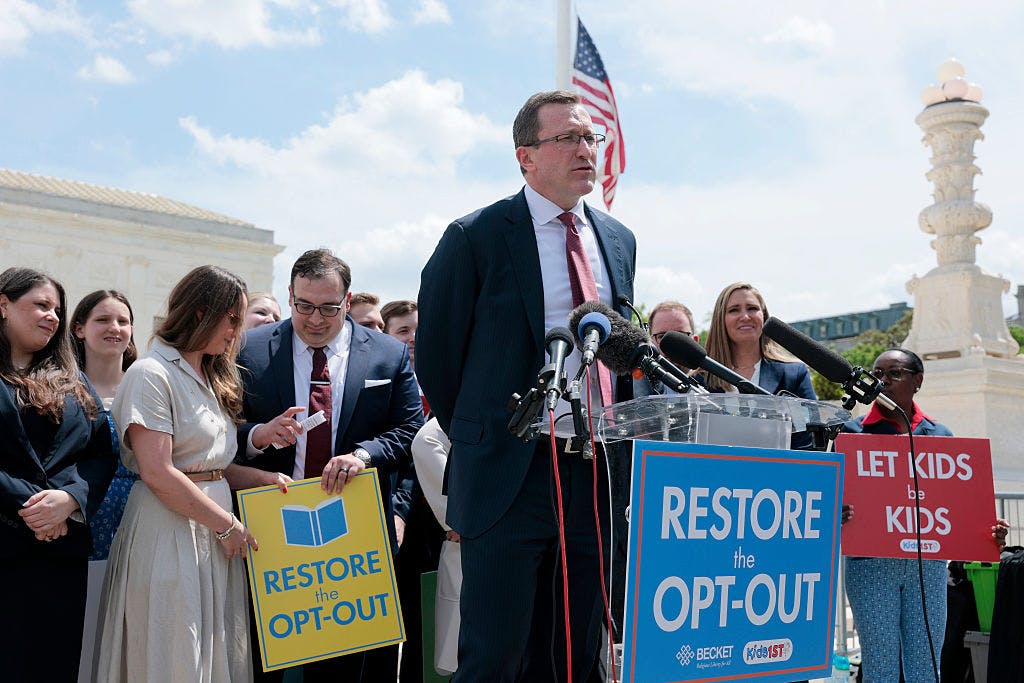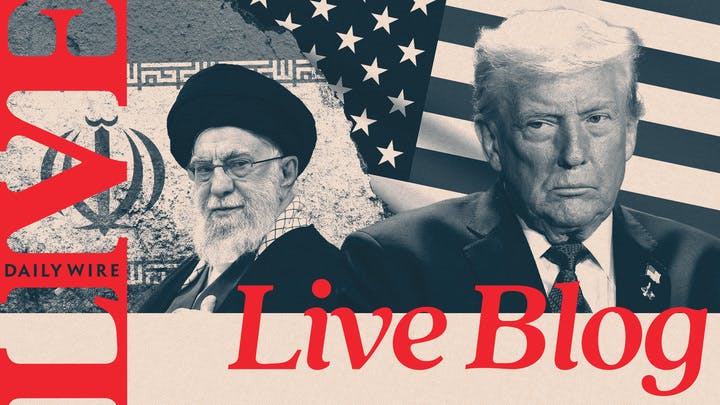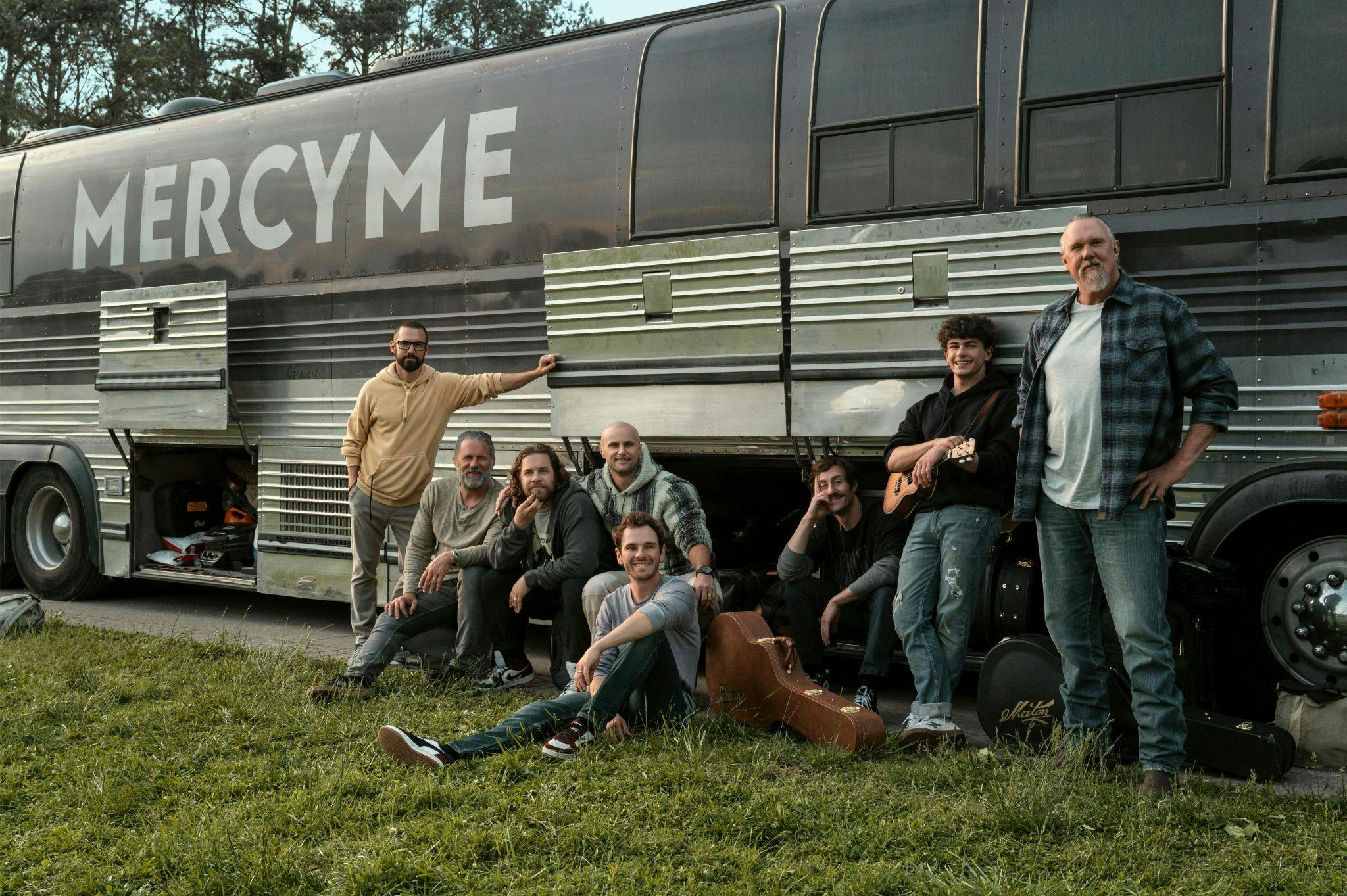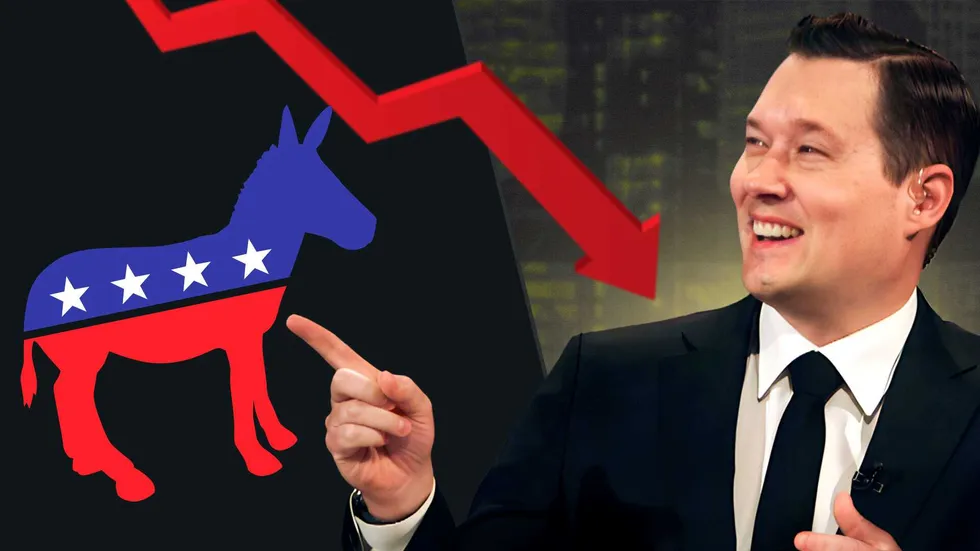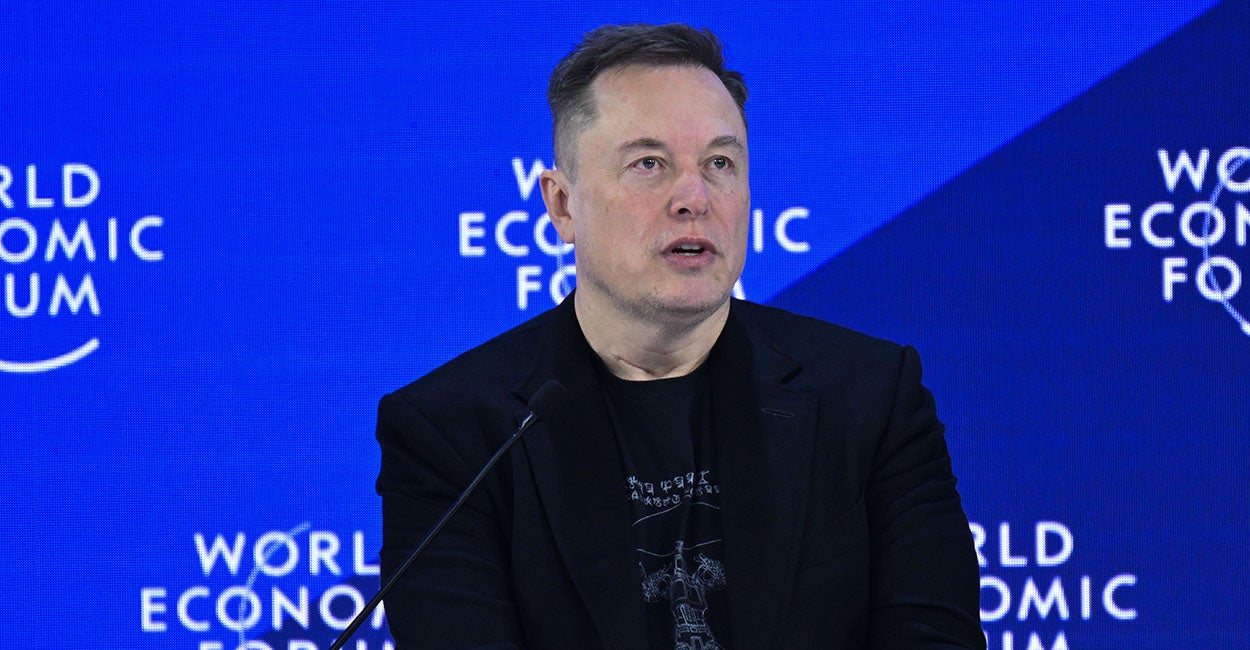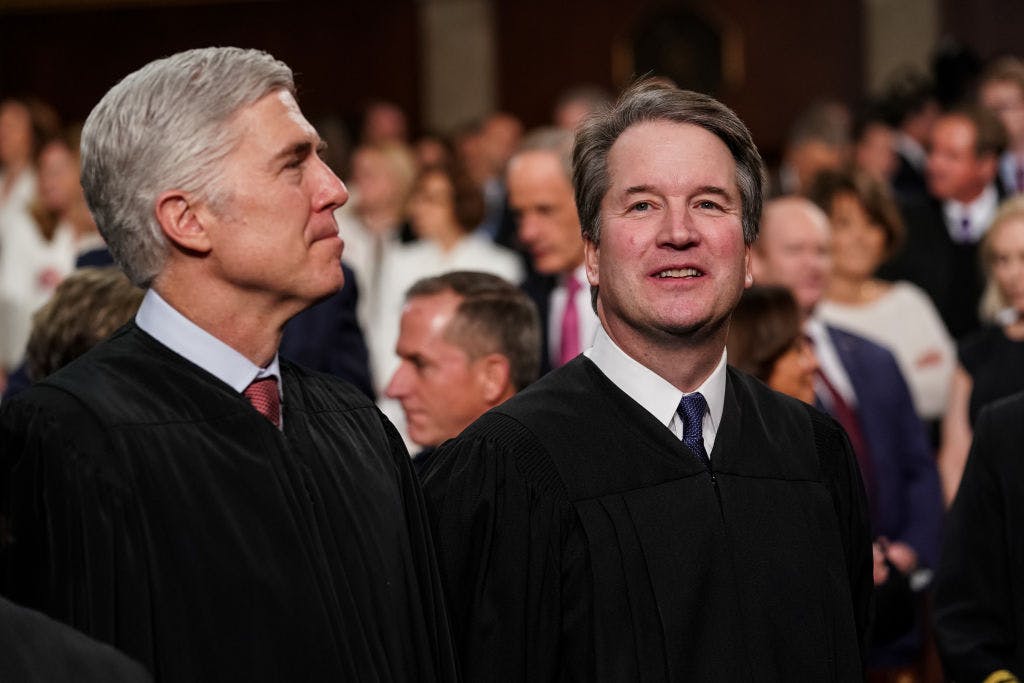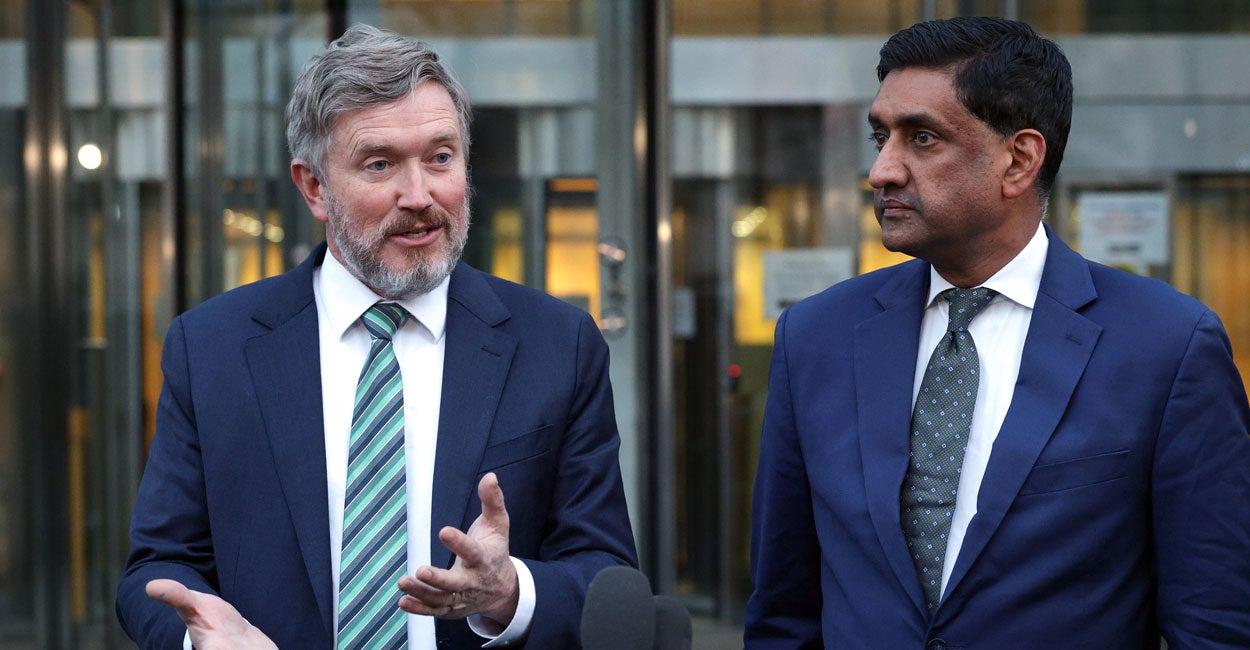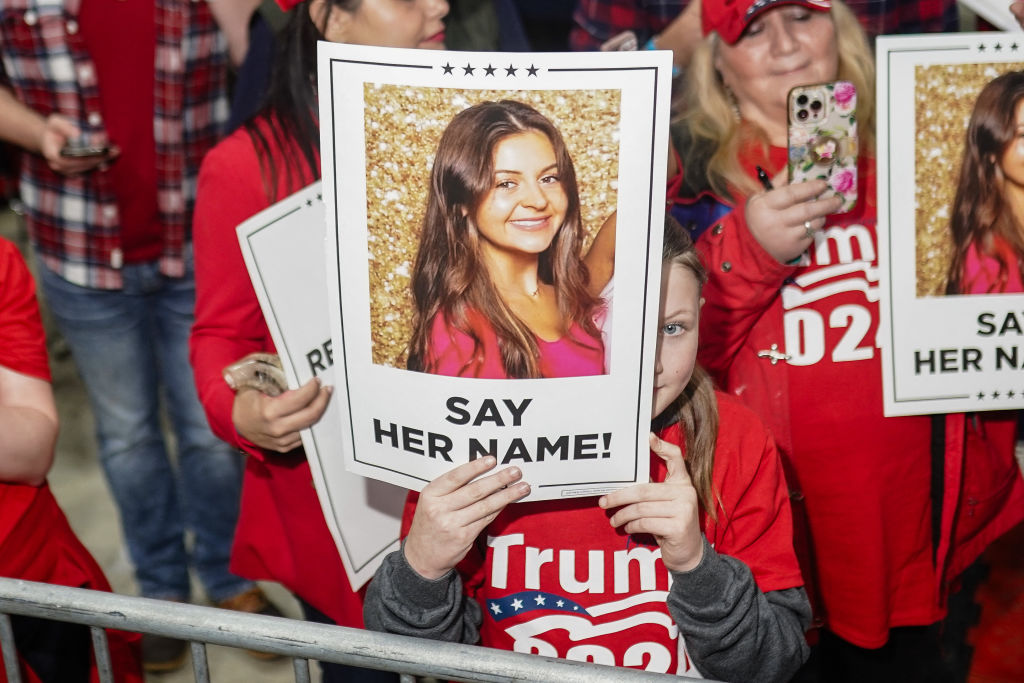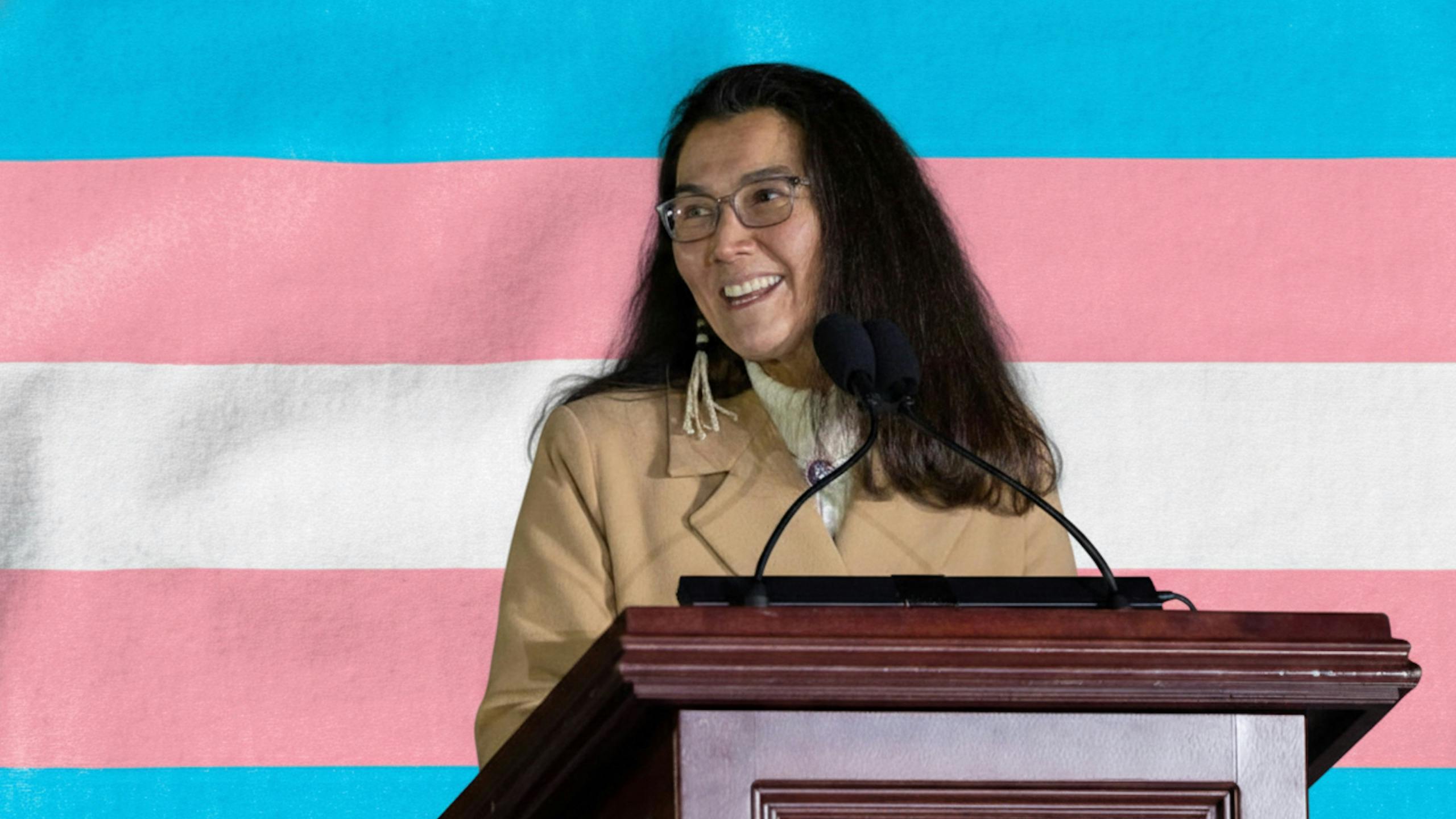Why The Latest U.S. Arms Deal With Nigeria Will Only Fuel More Violence
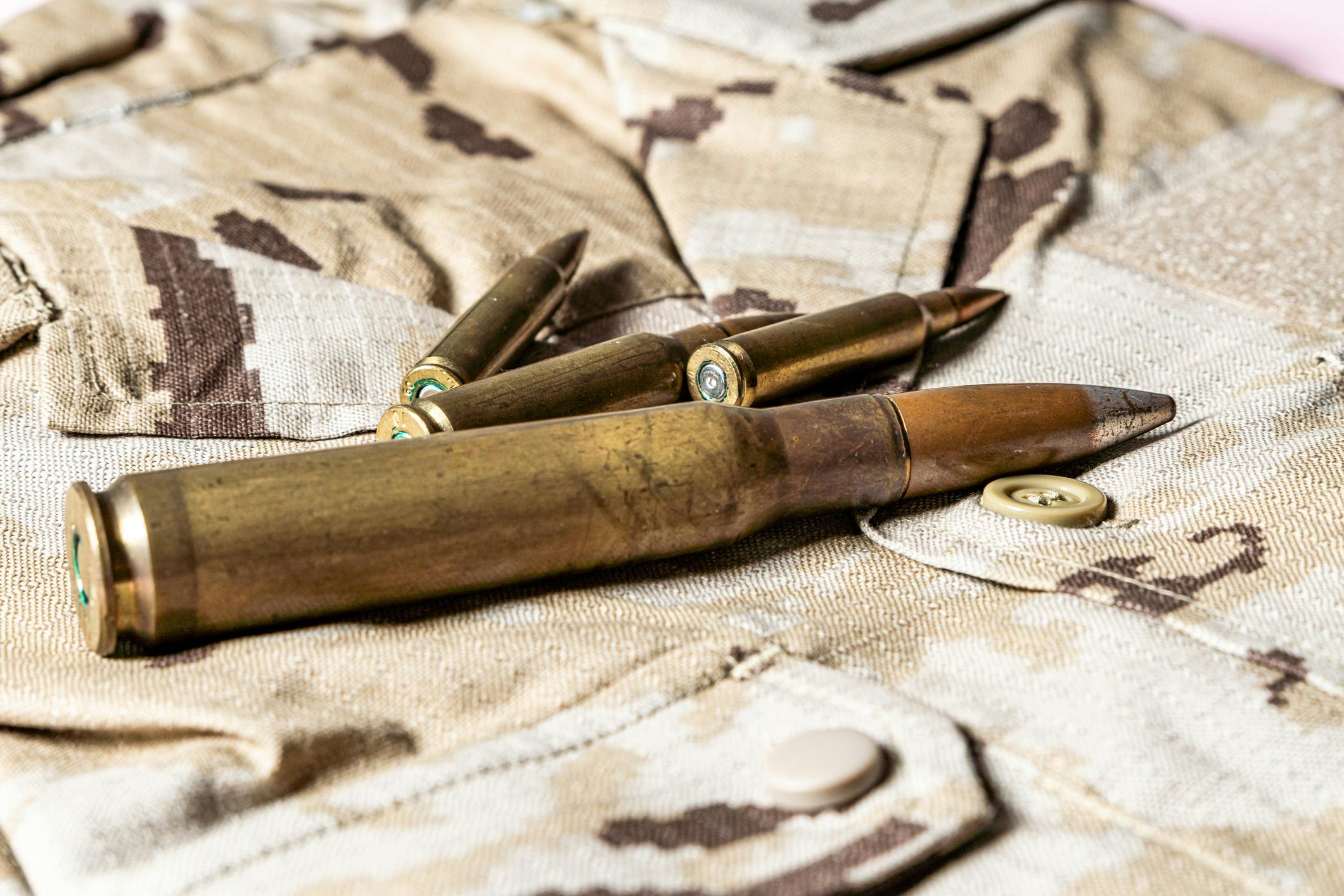
As conditions in northern Nigeria continue to deteriorate, the U.S. State Department inexplicably approved a potential sale of $346 million in arms to the Nigerian military. The multimillion-dollar deal comes as northern Nigeria further descends into violent turmoil as killings, kidnappings, and raids continue to destabilize communities throughout the region.
Live Your Best Retirement
Fun • Funds • Fitness • Freedom
After years of working in the region, I’ve seen arms deals like this before. They rarely, if ever, work. In fact, they often make things worse. The U.S. has a terrible habit of assuming money or weapons can resolve every conflict, while ignoring the unique cultural and historical factors that created the problem in the first place.
The Nigerian government indeed needs assistance in providing and maintaining security. Terrorist groups like Islamic State of West Africa Province (ISWAP), Boko Haram, and a host of factional bandit groups have successfully destabilized nearly the entire northern territory of the country. The Nigerian military is ill-equipped to deal with these challenges.
The International Society for Civil Liberties has calculated that more than 7,000 Christians were killed during the first 220 days of 2025. Although the violence is predominantly focused on the Christian community, Muslims are suffering at the hands of these extremist groups, too. Just this month, armed extremists entered a mosque in northern Nigeria and killed 27 worshippers. This year is already the deadliest in recent memory, and by year’s end, it will very likely be the deadliest ever in Nigeria’s history.
In the face of rising violence and extremism, from 2000 to 2021, the U.S. State Department dumped $232 million in “security sector assistance,” $593 million in foreign military sales, and $305 million in “direct commercial sales” from private companies into Nigeria. All in an effort to stop the rise of terrorism and suppress newly formed terrorist groups, including Boko Haram.
Did it work? Absolutely not.
Since Boko Haram’s formation in 2002, they have only grown in strength and numbers. What started as a handful of extremists with Jihadi ideals to rid northern Nigeria of anything western has grown into an army of thousands. And while the U.S. was still throwing money and weapons at the problem, another, more menacing group was forming. In 2015, ISWAP was born when a group within Boko Haram defected and pledged its allegiance to ISIS. This group has grown into an army of 20,000.
While both Republican and Democratic administrations and Congresses tried to solve the problem with money and arms, the problem only grew.
By the end of 2020, an estimated 60,000 people were directly killed by the violence of these two groups alone. And according to a 2021 report by the United Nations Development Programme, the insurgency had caused the death of 350,000 people from the conflict’s indirect consequences (like lack of food, healthcare, etc).
Anyone looking at the policy of selling arms to Nigeria would be hard pressed to say, “Job well done.”
Arms sales to Nigeria are a debacle for two reasons. First, Nigeria is notorious for its corruption. Corruption is woven into the very fabric of Nigeria’s culture. As quickly as the U.S. sends money and arms, the resources are often diverted from their intended destination.
In 2016, Nigeria’s military was forced to admit that many of its officers were selling arms and ammunition to Boko Haram and fraudulently diverting hundreds of millions of dollars budgeted to help suppress the insurgency. One four-star general was even accused of skimming $24 million to build a shopping center in Abuja. He was relieved of his command but never convicted.
For a State Department that seems set on getting rid of fraud, waste, and abuse, I don’t think sending unsupervised money and weapons to Nigeria is a wise step in the right direction.
Secondly, the Nigerian military has been known to make serious mistakes that cost innocent lives. The latest example happened in May, when the Nigerian Air Force bombed a local self-defense group, mistaking them for insurgents. Ironically, the State Department’s Annual Human Rights Report warning that Nigerian air strikes kill civilians was released the same week the department approved the latest weapons sale.
The reality is this: Nigeria needs help to suppress the growth of terrorist groups in the north and they cannot fight stone-cold killers with peace signs and flowers.
However, this is an extremely complex problem, and the solution is not unilateral. It will take a multi-layered approach to see any degree of success. Any funding and weapons should never be approved without a plan for oversight and strict accountability – something that has never been part of our weapons aid in the past.
I don’t pretend to have all the answers. But I know northern Nigeria. I know the language, the culture, and the people. And one thing I am sure of is that if all the U.S. is prepared to do is throw guns, ammunition, and money at the problem, we will only get more of the same.
* * *
Brad Brandon is the founder and CEO of Across Nigeria. Since 2018, he has been actively serving in predominantly high-risk, highly persecuted areas like Northern Nigeria and other parts of West Africa.
The views expressed in this piece are those of the author and do not necessarily represent those of The Daily Wire.
Originally Published at Daily Wire, Daily Signal, or The Blaze
What's Your Reaction?
 Like
0
Like
0
 Dislike
0
Dislike
0
 Love
0
Love
0
 Funny
0
Funny
0
 Angry
0
Angry
0
 Sad
0
Sad
0
 Wow
0
Wow
0


